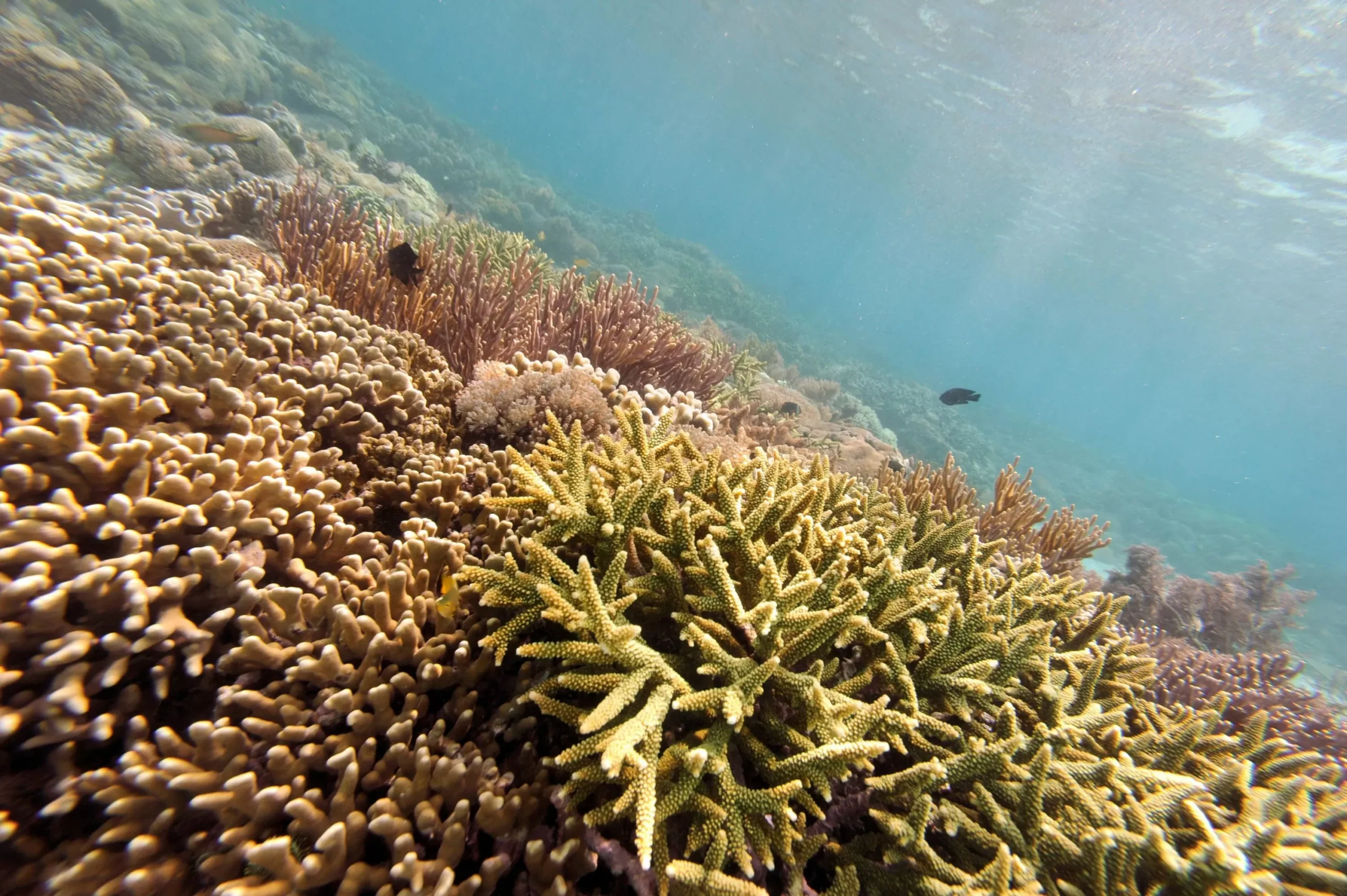The Earth is our home, and it is our responsibility to take care of it. However, the experts’ assessment is clear: humans are the major threat to Earth’s land, seas, and all the living things they shelter, including ourselves. This statement was reiterated at the COP16 biodiversity summit, where world leaders and experts gathered to discuss the current state of our planet’s biodiversity.
Biodiversity refers to the variety of life on Earth, including all the different species of plants, animals, and microorganisms. It is essential for the functioning of ecosystems and provides us with vital services such as clean air, water, and food. However, due to human activities, biodiversity is facing a severe crisis. According to the Intergovernmental Science-Policy Platform on Biodiversity and Ecosystem Services (IPBES), around one million species are at risk of extinction, and the rate of species extinction is accelerating.
The COP16 biodiversity summit was a wake-up call for all of us. It highlighted the urgent need for action to protect and restore biodiversity. The experts’ assessment was clear: humans are the main cause of the current biodiversity crisis. Our actions, such as deforestation, overfishing, pollution, and climate change, are destroying habitats and driving species to extinction. We are also disrupting the delicate balance of ecosystems, which can have severe consequences for our own well-being.
The summit also emphasized the interconnectedness of biodiversity and human health. The destruction of natural habitats and the exploitation of wildlife increase the risk of zoonotic diseases, such as COVID-19. These diseases can have devastating effects on human health and the global economy. Therefore, protecting biodiversity is not only crucial for the survival of other species but also for our own survival.
The experts at the summit also highlighted the role of indigenous communities in protecting biodiversity. Indigenous peoples have a deep understanding of their local ecosystems and have been living in harmony with nature for centuries. Their traditional knowledge and practices can provide valuable insights into sustainable ways of managing and conserving biodiversity. Therefore, it is essential to involve indigenous communities in decision-making processes and support their efforts to protect their lands and resources.
The COP16 summit also discussed the economic benefits of protecting biodiversity. The IPBES estimates that the economic value of the services provided by ecosystems is around $125 trillion per year. This includes services such as pollination, water purification, and carbon sequestration. By protecting biodiversity, we are not only preserving the natural world, but we are also securing our own economic well-being.
The experts at the summit also stressed the need for urgent action. We cannot afford to wait any longer. The longer we delay, the more difficult and expensive it will be to restore biodiversity. The good news is that it is not too late. We still have a chance to reverse the current trend and protect the Earth’s biodiversity. However, it will require a collective effort from governments, businesses, and individuals.
Governments play a crucial role in protecting biodiversity. They must implement and enforce policies that promote sustainable practices and protect natural habitats. They must also invest in conservation efforts and support indigenous communities in their efforts to protect biodiversity. Businesses also have a responsibility to operate in an environmentally responsible manner. They must adopt sustainable practices and reduce their impact on biodiversity. As individuals, we can make a difference by making small changes in our daily lives, such as reducing our consumption, supporting sustainable businesses, and advocating for biodiversity conservation.
In conclusion, the experts’ assessment is clear: humans are the major threat to Earth’s land, seas, and all the living things they shelter, including ourselves. The COP16 biodiversity summit highlighted the urgent need for action to protect and restore biodiversity. We must all take responsibility and work together to protect the Earth’s biodiversity for the sake of our own survival and the well-being of future generations. Let us not forget that we are not separate from nature; we are a part of it. It is time to act before it is too late.








